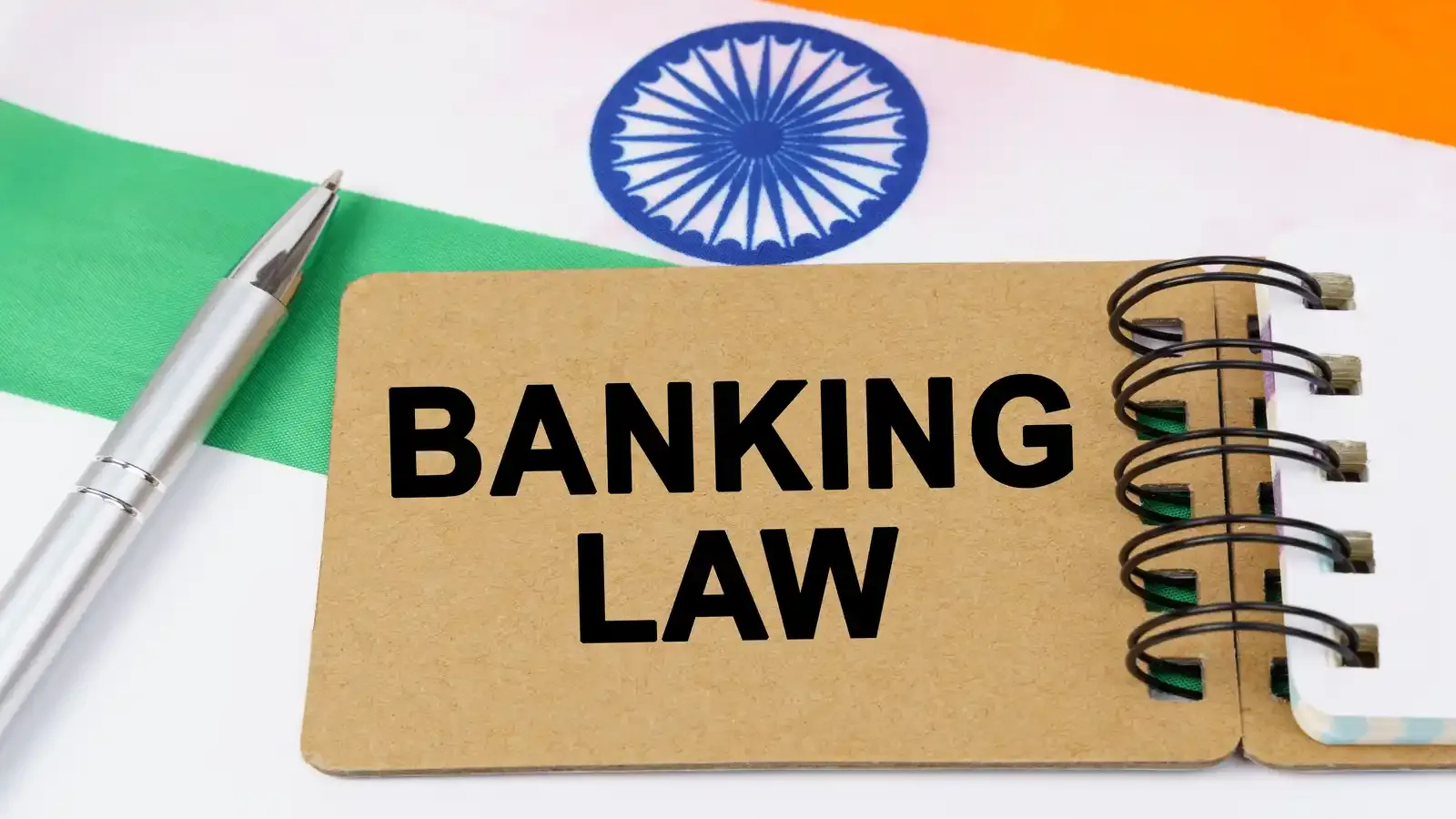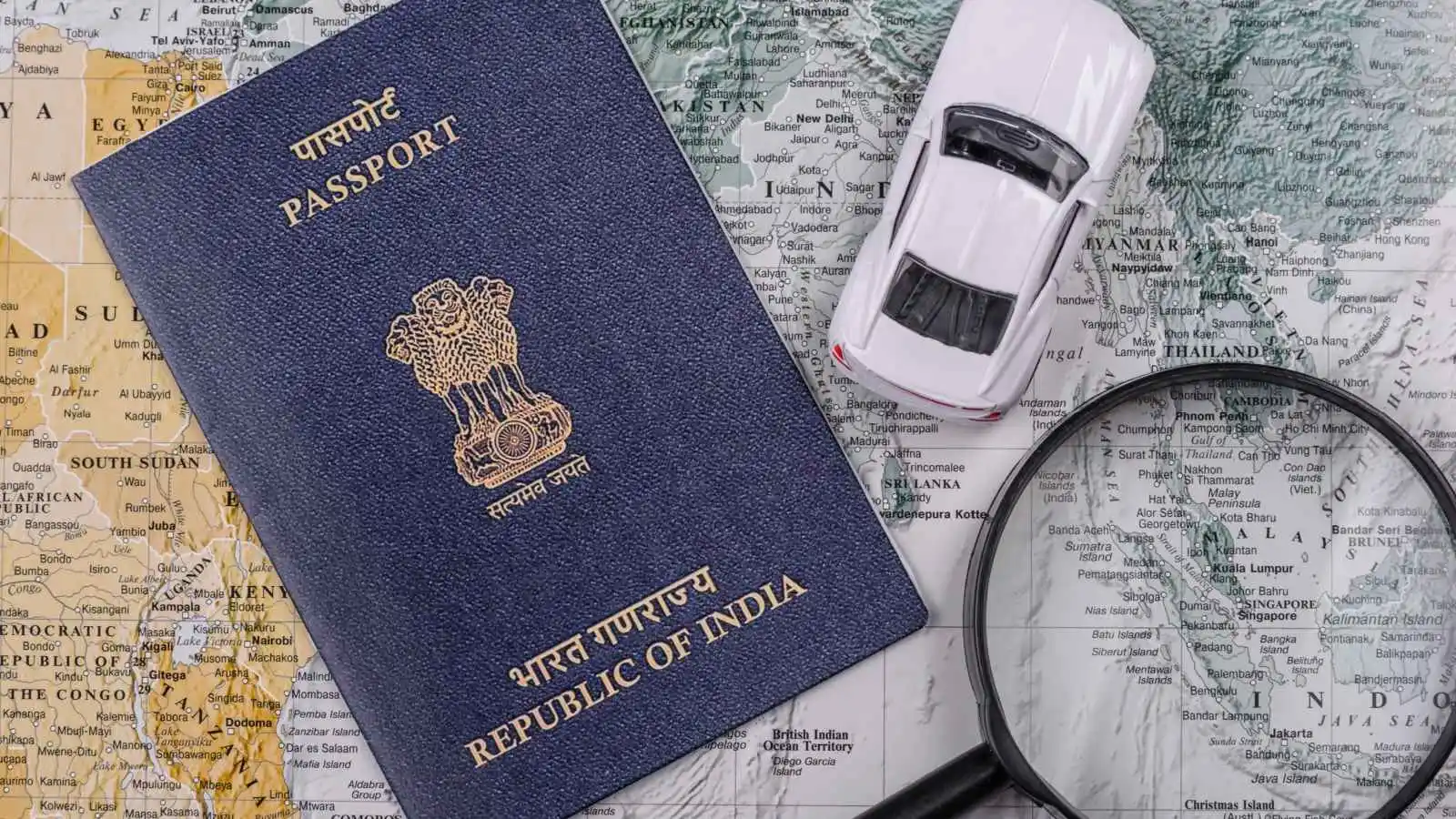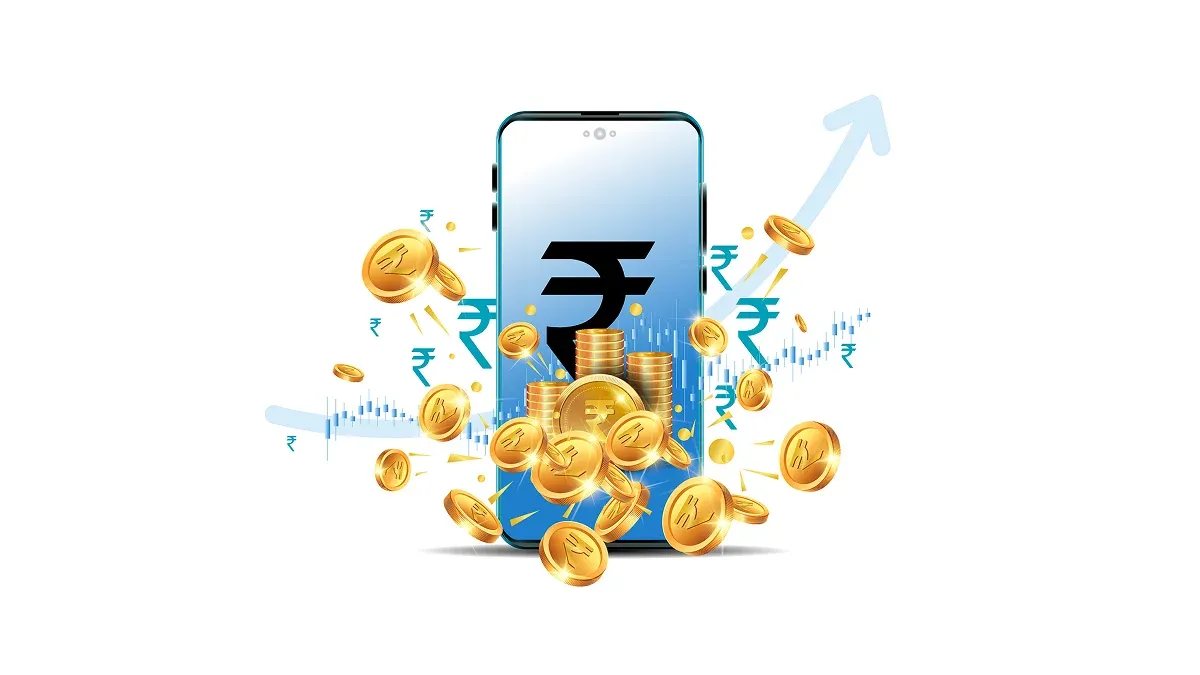What Are Personal Loan Scams?
Written by Dev Sethia
Published on November 13, 2025 | 4 min read

What Is a Personal Loan Scam?
A personal loan scam is defined as a fraudulent operation that seeks to deceive the borrower into revealing financial or personal information or paying fees up front.
The fraudster often poses as a legitimate and reputable bank, NBFC, or digital lender, and will typically promise quick approval and attractive interest rates.
In general, the borrower will either lose money on fake loan processing fees or have their personal information exposed to an identity theft situation or other fraud.
Common Types of Personal Loan Scams
Advance Fee Scams
Advance fee fraud is one of the more popular types of scams. Scam professionals will require the target borrower to pay a certain amount up front for the processing, taxes, or documentation connected to the loan.
Since the scam takes place in advance of the disbursement of funds, once the target has paid the fee to the fraudster, they will never pay the loan as promised.
Fake Loan Apps and Websites
Scammers will create fake loan applications that resemble a legitimate lender portal. The fraudulent loan applications concentrate on the term "promised loans," where victims are promised instant loan previews with low-interest rates or qualifying fees to receive the loan.
Phishing Scams
Phishing scams include scammers communicating with individuals via verbal or written email, as if they work for a known financial institution. They trick the borrower into giving personal information like IDs, passwords, and bank details, which they then use to create a fake financial loss.
Guaranteed Loan Approval Offers
Any offers that include “guaranteed loan acceptance” can be a significant warning sign. Real lenders will always check a borrower’s credit, income, and ability to repay before offering a loan.
Scammers provide guaranteed loan acceptance to lure desperate borrowers into paying advance fees or obtaining sensitive data from the borrower.
Impersonation Frauds
Other scammers act like government employees or employees of established banks and NBFCs, informing potential victims that some verification process or additional fees are required for the borrower’s loan request. This gives the victim a false sense of legitimacy to request falsely approved loan acceptance and pay money or provide personal information.
Pressure Tactics
Scammers may also use pressure techniques to create urgency in the violation. They may contact potential victims and tell them that the loan is for a “limited time,” or act as if they need to take quick action to obtain loan acceptance, which will speed up the loan approval.
How to Protect Yourself from Personal Loan Scams
Be Wary of Unsolicited Offers
Legitimate lenders hardly ever randomly send a message, email, or call you offering an instant personal loan. Be cautious of unsolicited loan offers or advertisements that seem too good to be true.
Verify the Lender’s Authenticity
Make sure to check the lender’s credentials before sharing your personal or financial information. Go to their official website instead of clicking on messages or email links. Verify they are registered with the Reserve Bank of India (RBI) or licensed as NBFCs.
Avoid Paying Upfront Fees
Legitimate lenders will never require a borrower to pay up front. Typically, any necessary fees will be taken out of the approved loan amount when the loan is disbursed. Never send any money when asked to pay for processing or insurance until the loan is approved and you have obtained the funds.
Only Use Secure Websites
Whenever you submit personal or financial data online, consider if the web address (URL) begins with “https://” and provides a lock icon in the address bar. The addition of an "s" means that the connection to the website is encrypted and secure.
Protect Your Personal Data
Be cautious about the amount of personal information shared online or through apps. Also, do not give permission for apps to access your contacts, photos, or messages. Bad apps can exploit your personal data for blackmail or identity theft purposes.
Because of the increasing prevalence of digital lending, personal loan scams have become a significant concern for borrowers. Scammers will continue to exploit trust and a sense of urgency by posing as legitimate lenders, stealing from unsuspecting victims. Borrowers need to be aware of and cautious of lending scams.
FAQs
What is a personal loan scam?
A scam involving personal loans is a form of fraud in which fraudsters impersonate legit lenders (like banks, NBFCs, or the internet) so that they can have borrowers pay them an upfront fee or reveal personal and financial information.
Though some of these scams boast of instant approvals and low-interest rates, victims will ultimately lose money or fall victim to identity theft.
What are the most common types of personal loan scams?
Some common examples of fraud include advance fee schemes, counterfeit loan applications and websites, phishing scams, guaranteed loan approval offers, impersonation fraud, and pressure tactics.
How can I identify a fake lender or loan offer?
Warning signs include requests for money up front, guaranteed loan approvals, contact information that may not be real, or unsecured websites (the ones that do not say “https://” or do not show a lock icon).
Why are advance fee scams so common in personal loan frauds?
Advance fee scams are effective incentives for scamming because they capitalize on urgency and empty promises. In these types of scams, the scammer will convince a borrower to pay "processing" or "documentation" fees before getting their loan disbursed.
How can I protect myself from personal loan scams?
To protect yourself from personal loan schemes, check the lender's credentials using either official or RBI-registered sources. Ignore unsolicited loan links and never pay upfront fees.
Only share personal details on a secure "https://" website and deny any app permissions that are not necessary, like access to your contacts or photos, to avoid the data from being misused or being a target of fraud.
What should I do if I fall victim to a personal loan scam?
If you've been scammed or consider yourself a victim, contact your local cybercrime cell. You can also file a complaint through the National Cyber Crime Reporting Portal (cybercrime.gov.in) or by calling 1930 (National Cyber Helpline).
About Author
Dev Sethia
Sub-Editor
a journalism post-graduate from ACJ-Bloomberg with over three years of experience covering financial and business stories. At Upstox, he writes on capital markets and personal finance, with a keen focus on the stock market, companies, and multimedia reporting. When he’s not writing, you’ll find him on the cricket pitch
Read more from DevUpstox is a leading Indian financial services company that offers online trading and investment services in stocks, commodities, currencies, mutual funds, and more. Founded in 2009 and headquartered in Mumbai, Upstox is backed by prominent investors including Ratan Tata, Tiger Global, and Kalaari Capital. It operates under RKSV Securities and is registered with SEBI, NSE, BSE, and other regulatory bodies, ensuring secure and compliant trading experiences.

























